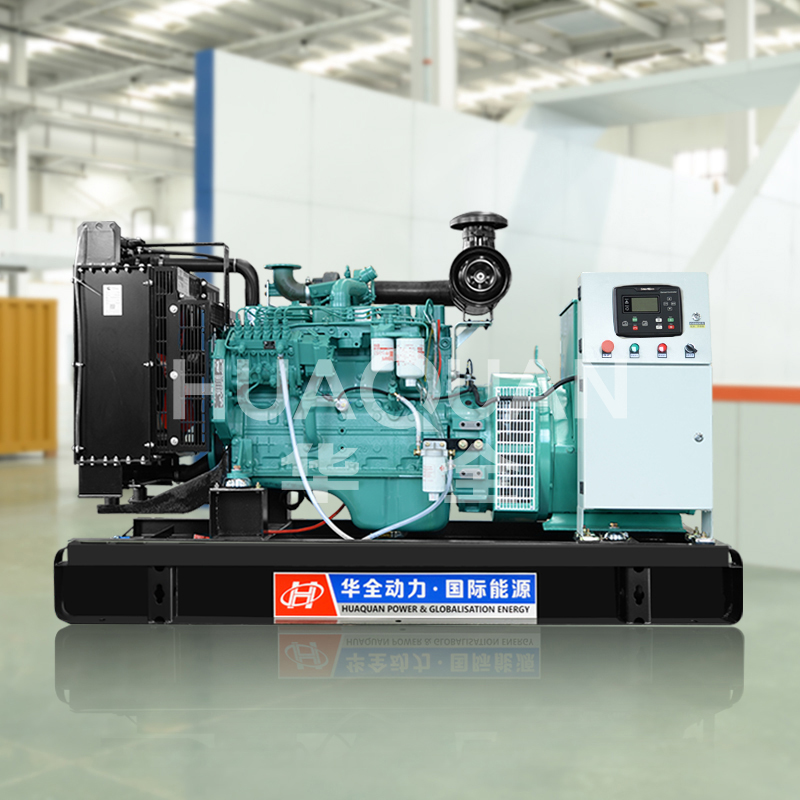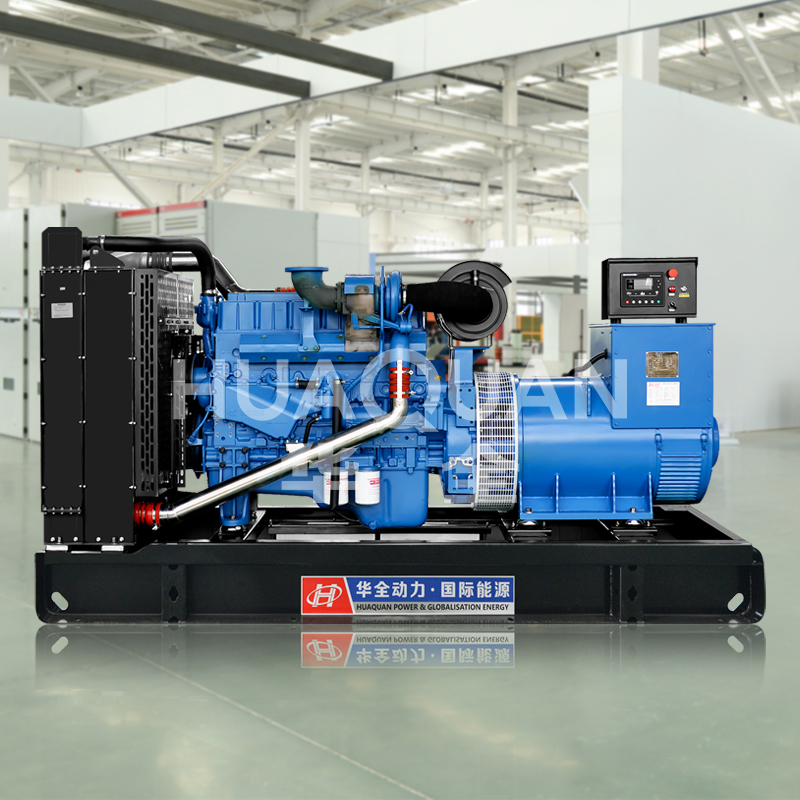Choosing the right Economic generator involves considering various factors to ensure cost-effectiveness, reliability, and long-term value. Economical generators must balance performance with operational efficiency while meeting specific power needs.
Power Requirements and Load Capacity of Economic generator
The primary consideration is matching the Economic generator output to the intended load. Undersized units risk overloading, while oversized models lead to unnecessary fuel consumption and higher costs. Analyze both peak and average power demands to select a generator with optimal capacity.
Fuel Efficiency and Operating Costs
An Economic generator should minimize fuel consumption without compromising performance. Compare fuel types—diesel, gasoline, or hybrid systems—based on availability and cost in your region. Regular maintenance also impacts long-term efficiency, so prioritize models with accessible service components and clear upkeep guidelines.
Durability and Lifespan of Economic generator
Invest in robust construction materials and reputable brands known for longevity. Check warranty terms and manufacturer support, as these reflect confidence in the product. An Economic generator with higher initial costs may prove cheaper over time if it requires fewer repairs.
Noise and Emissions Compliance
Many regions enforce noise and emission standards. Select units with soundproofing features and clean-burning technology to avoid regulatory penalties and ensure community-friendly operation.
Scalability and Future Needs of Economic generator
Consider whether the Economic generator can adapt to growing demands. Modular designs or parallel-capable models offer flexibility, preventing premature replacements.
By evaluating these factors, buyers can secure an Economic generator that delivers reliable power while maximizing cost savings throughout its lifecycle.
More information about Economic generator:https://sinogens.com/








